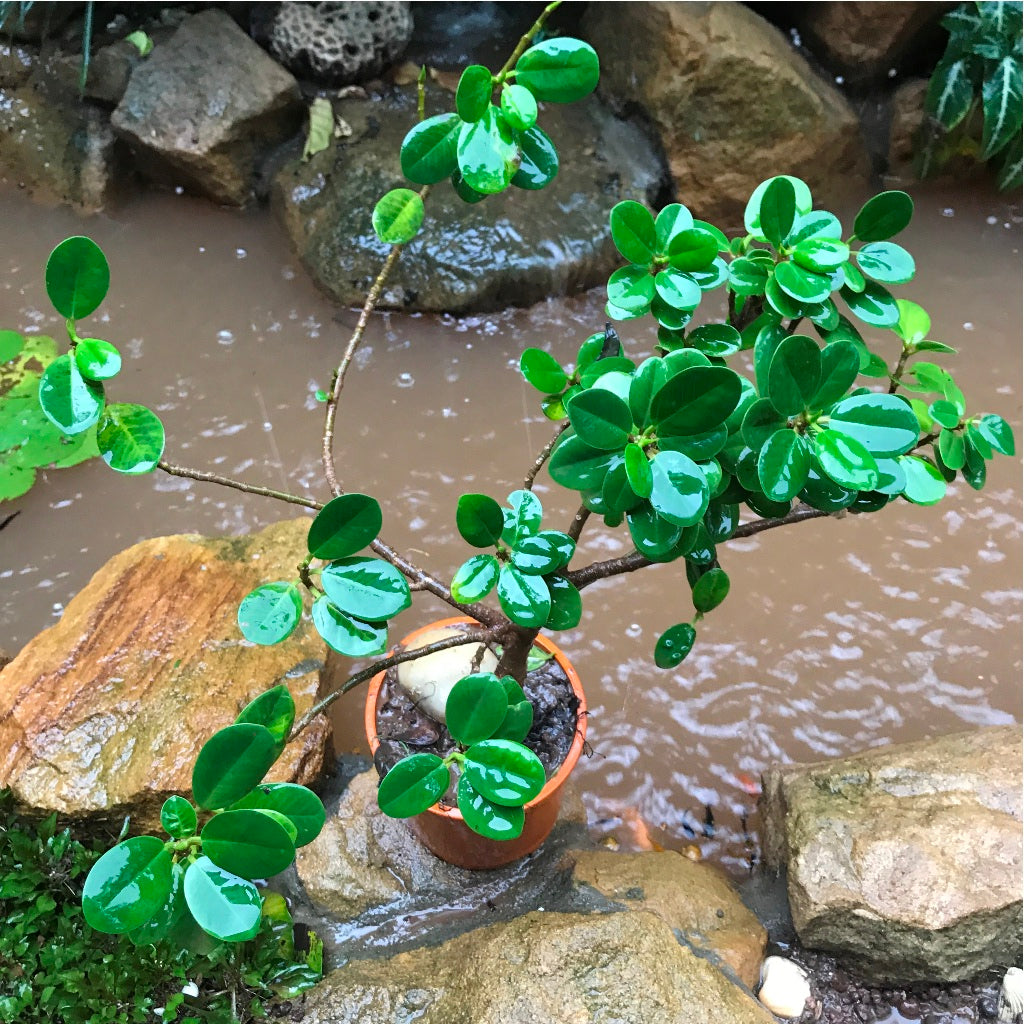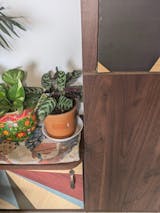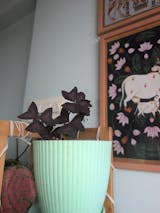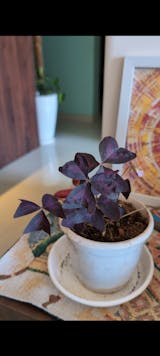Chinese Banyan
Family
Moraceae
Origin
Asia & Australia
Description
Ficus microcarpa is a tropical tree with smooth light-gray bark and entire oblanceolate leaves about 2-2.5 inches (5-6 cm) long. Where conditions are favorable for the banyan habit (tropical and humid subtropical) it grows much larger, producing great numbers of prop roots. The largest known specimen is "Auntie Sarah's Banyan" at the Menehune Botanical Gardens near Nawiliwili, Hawai'i which is 110.0 feet (33.53 meters) in height
Environment
Warm, light and moist. deals well with high-intensity light, and prefers as much light as possible. This tree can stand in full sun. Appreciate a balanced moisture regime at the roots. Allow the soil surface to dry slightly before watering again, but never let the soil dry out completely. This species is not demanding on the soil; Any soil mixture will do, as long as it does not stay way for long. Fertilize using regular house-plant fertilizer at 50% of recommended strength, once a week during the growing season.
Landscape Use
Grown and widely distributed as an ornamental plant and is one of the most common street trees in warm climates, as they can grow in the walls of buildings, bridges, highways, and other concrete structures gardens , landscaping, grassland, elsewhere and indoors as a houseplant





















